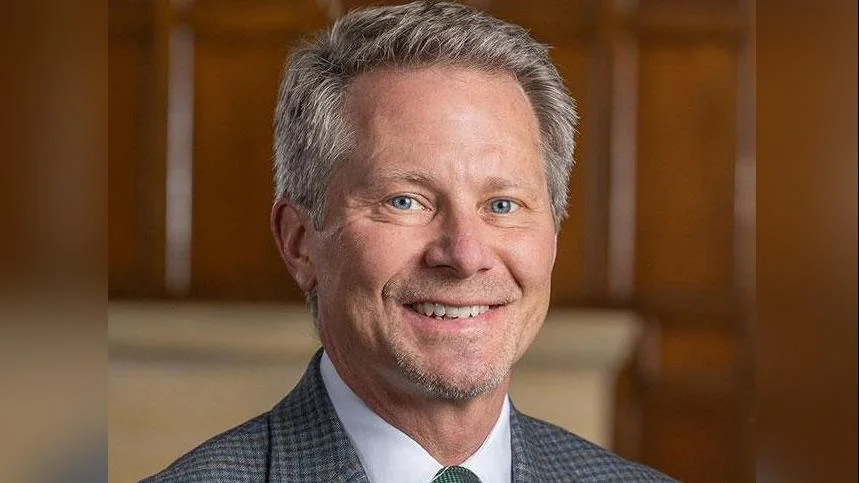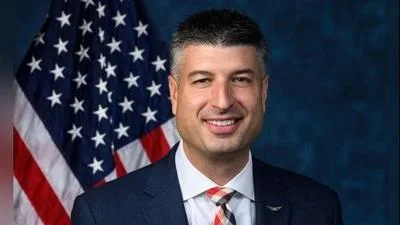Kevin M. Guskiewicz President at Michigan State University | Official website
Kevin M. Guskiewicz President at Michigan State University | Official website
The issue of immigration reform has been a challenging topic for both Republicans and Democrats, with little progress made over the years. Many voters express frustration due to ineffective legislation, failed bills, or executive orders that have not brought about significant change.
Immigration remains a key issue in the upcoming presidential election. Former President Donald Trump referred to Vice President Kamala Harris as President Joe Biden's "border czar," while Harris pointed out Republican opposition to a bipartisan bill aimed at increasing border patrol agents. Regardless of the election outcome, the situation at the southern border will continue to be a critical issue.
Veronica Tobar Thronson, a clinical professor of law and director of the Immigration Law Clinic at Michigan State University College of Law, provides insights into why immigration reform has stalled and its political significance. She explains that her work involves teaching students through direct client representation and systemic advocacy within the Immigration Law Clinic. The clinic serves vulnerable clients such as abused children and victims of crime or trafficking who cannot afford legal representation.
Thronson attributes the lack of immigration reform to its complexity and insufficient political will since 1996. She notes that recent changes have added complications rather than solutions. The U.S. has shifted focus towards border security and detention, with significant funding directed towards detention centers operated by private companies like GEO Group and CoreCivic.
The politicization of immigration stems from misinformation about immigrants' contributions to society, according to Thronson. Political candidates often prefer blaming each other instead of finding humane solutions for undocumented immigrants in the U.S., perpetuating negative stereotypes.
Immigration impacts elections by being used as a tool by politicians to secure votes through promises related to border security. This rhetoric creates fear among immigrant communities and increases racial tensions. Thronson emphasizes that many naturalized U.S. citizens are eligible voters who could influence election outcomes.
She suggests small legislative changes could significantly impact immigration law enforcement despite current political challenges. For instance, removing bars on re-entry for those unlawfully present could help legalize many immigrants' statuses based on family relationships or employment sponsorships.





 Alerts Sign-up
Alerts Sign-up